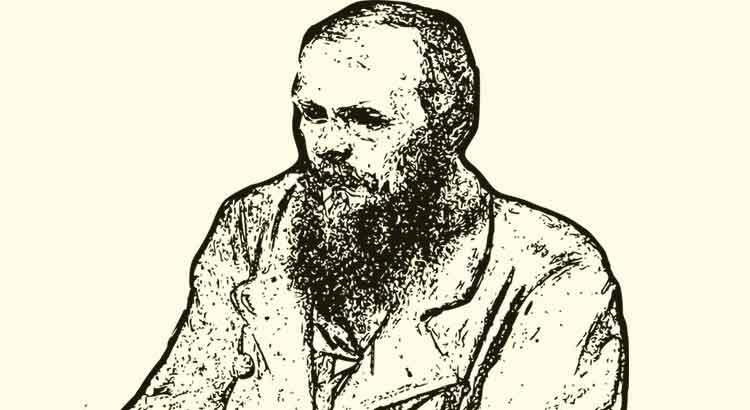I exercise my tare for numbers. I am now 400 days without reading a page of Dostoevsky. Everything indicates that I will chase the record of 635 days of abstinence since the first contact. I seem to have fun looking elsewhere for what I already know I will not find. Dostoevsky’s work is a rare stage where the true and greatest problems of human existence are represented. But that is not what I wanted to say… I have a habit of evoking in mind my idols and making comparisons. I notice my mediocre problems and twists and turns, so I visualize, for example, the genius orphaned by his mother at fifteen, with his father murdered at seventeen and sentenced to death ten years later. But that is not all. I also compare the bitterness of these lines with the light emanating from those of the genius. All this even though I am not in physical contact with his books. Then I reflect. It is good to synthesize a work by exposing the problems it deals with and, when they exist, the solutions it offers. But beyond this: one does it well by delineating the various nuances that compose it. And in Dostoevsky, good humor abounds, even if the blind man cannot see it. His biography is summarized in a succession of difficulties of the most varied natures, and his work, synthesized, represents a hopeful and optimistic outlook that prevails over all of them. It is interesting to note the contrast, i.e., the apparent contrast that we see when we use the myopic and materialistic viewpoint that summarizes the experience in “good” and “bad” situations, “successes” and “misfortunes”, and compare the life and work of great personalities. If we consider that a work largely reflects experience, the mind points us to impressive conclusions.
400 Days Without Dostoevsky
